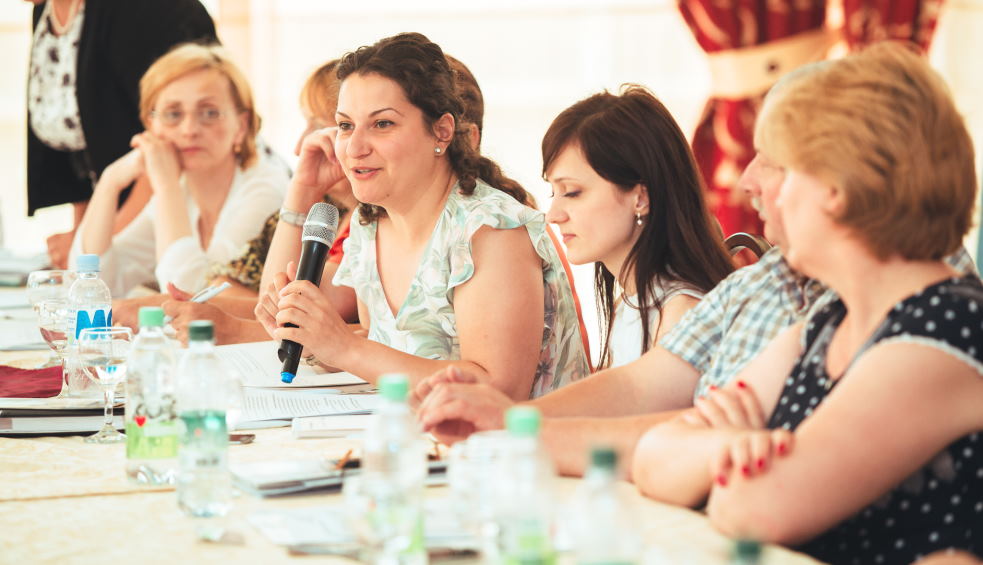
What is women’s political empowerment?
At the local and neighborhood level all the way to the greatest levels of government, women are typically underrepresented in management positions, left without a voice in decision-making and neglected as an electorate.
Women hold just 22 percent of national parliamentary positions internationally.
This implies that women are underrepresented in all aspects of the political procedure frequently due to social-cultural barriers, the lack of training and resources for women’s political arranging, standard of lives and precarious financial obstacles.
Women’s political empowerment assists advance gender equality and impacts both the variety of policy concerns that get considered and the kinds of options that are proposed.
Research shows that whether a lawmaker is male or female has a unique influence on their policy concerns.
There is also strong proof that as more women are chosen to office, there is a corollary boost in policy making that highlights lifestyle and shows the concerns of households, women, and ethnic and racial minorities.

Women empowerment in politics
Women’s political involvement is the real and equivalent participation of women in the governance of the communities they come from whether through optional, appointive or merited positions.
It indicates the acknowledgment and worth connected to the contribution of all consisting of women in the governance system of any community/country.
Decision-making ends up being advantageous to the whole nation when it shows the collective inputs from all members of the neighborhood without discrimination.
It is essential to have women participation in politics. Studies have exposed that increased women’s involvement has led to a larger financial advantage, increased cooperation across party lines and more sustainable dispute resolution.
It is necessary to raise women’s engagement in politics by raising their awareness of chances available, building self-confidence and abilities. Targeting women at the grassroots level has produced impactful results as can be seen in Saudi Arabia where women are enabled the very first time to run as prospects in the local elections.

Barriers to Women’s Political Involvement
The apparent barriers are standard and cultural barriers that are established and social standards and mindsets against women as leaders and decision makers.
It is essential for women to have the required social and family support to conquer this. It is necessary to highlight the advantages of having women in decision making and to have local good example to assist construct local capability.
Another significant risk for women is violence and intimidation. This can be avoided by having electoral standard procedures and help from non-governmental organizations on excellent practices embraced to local conditions.
